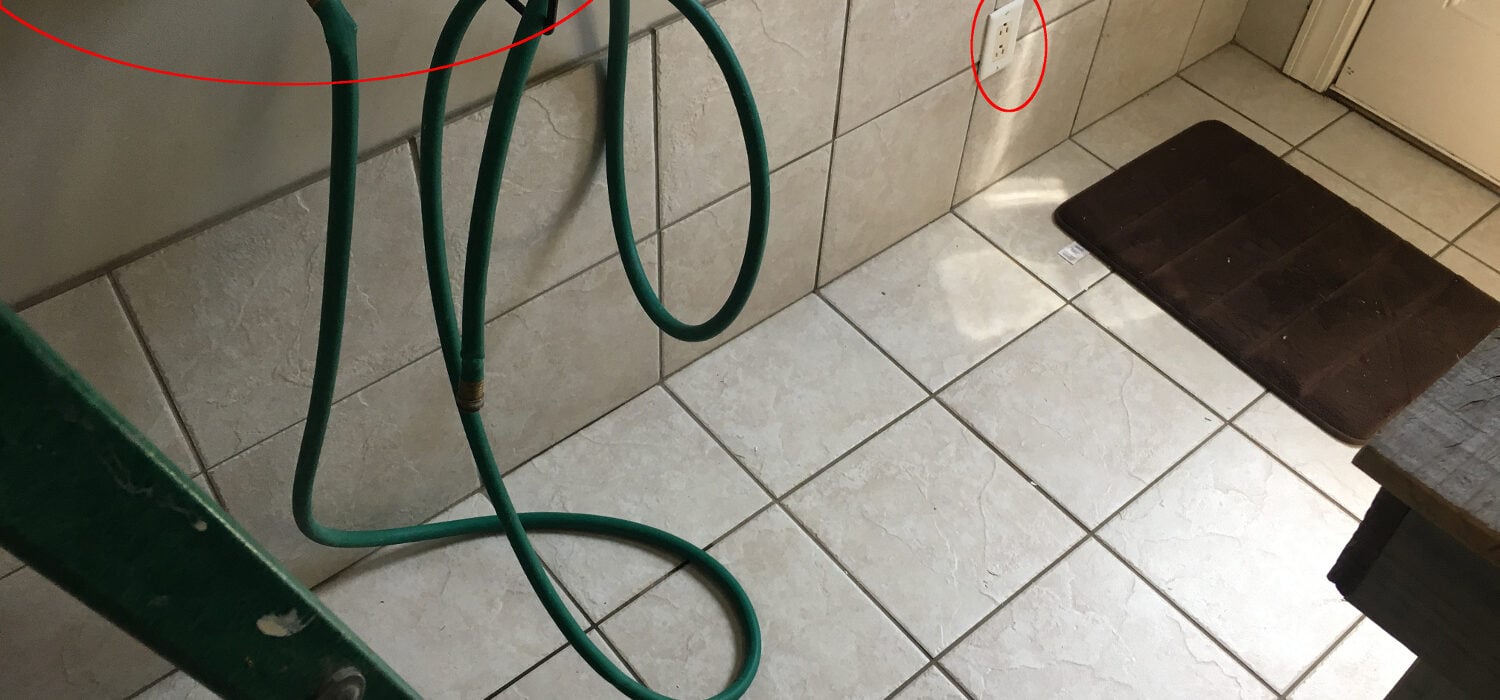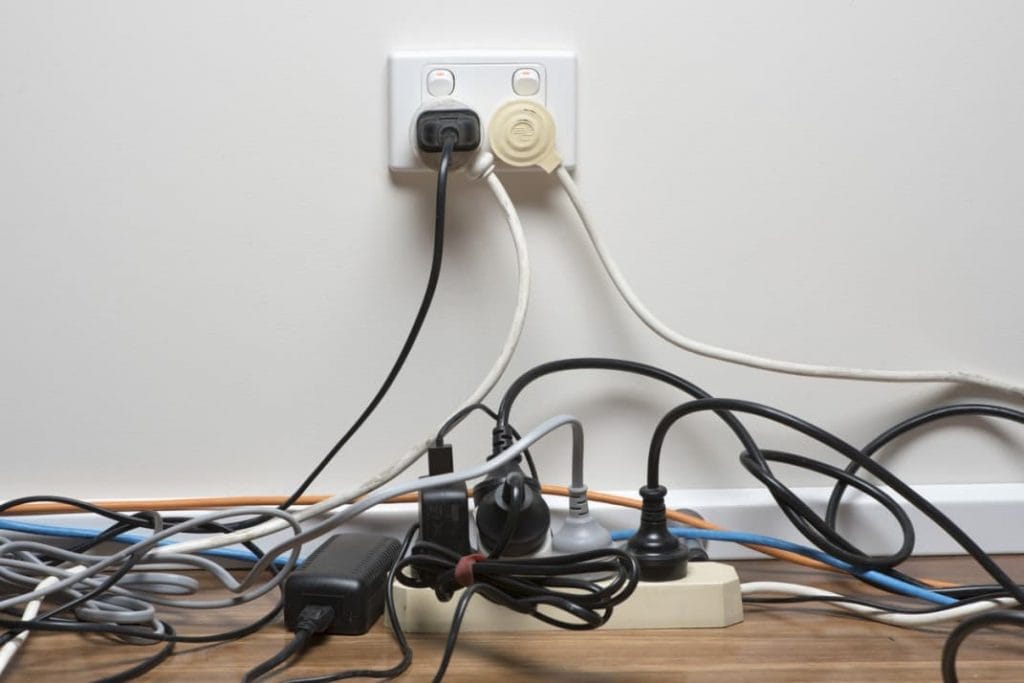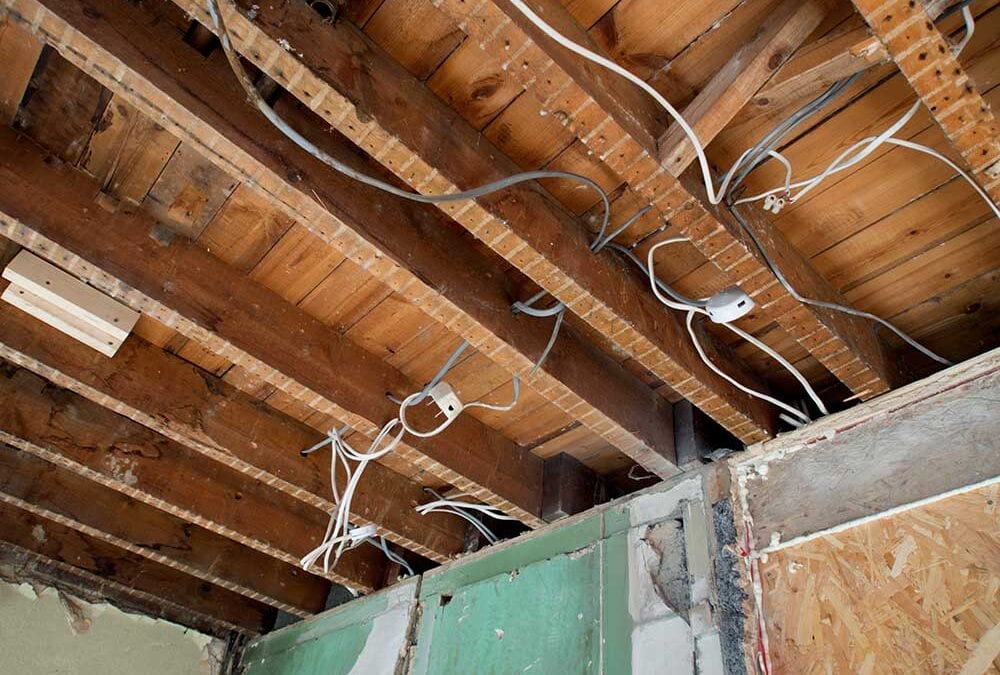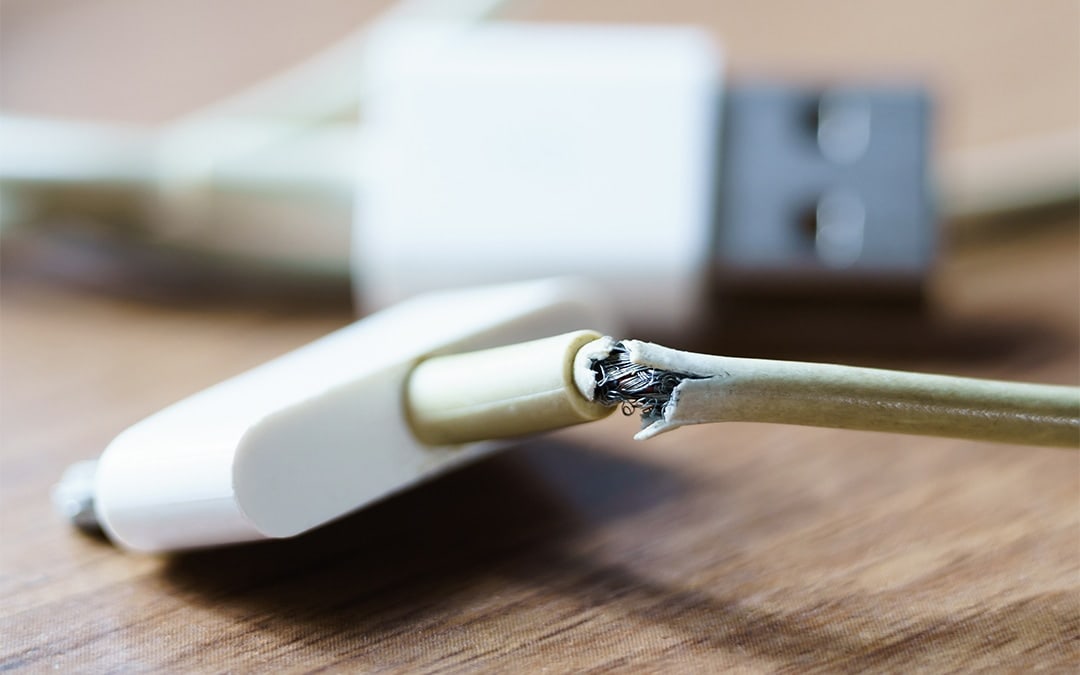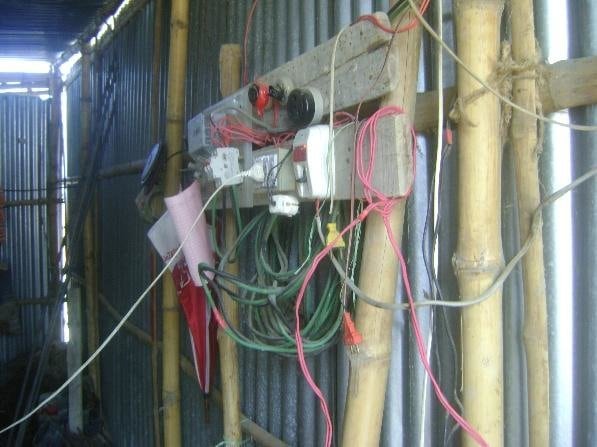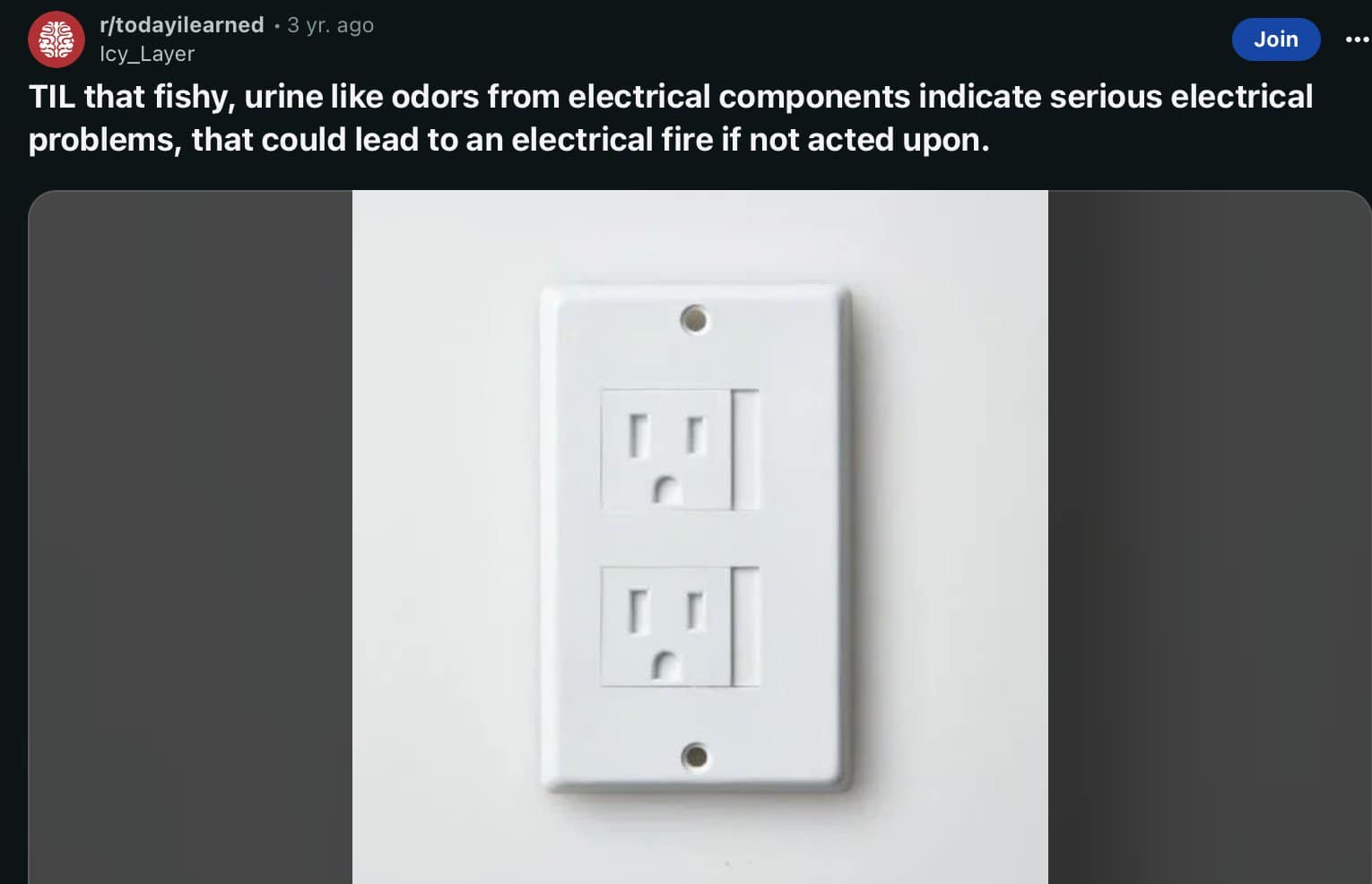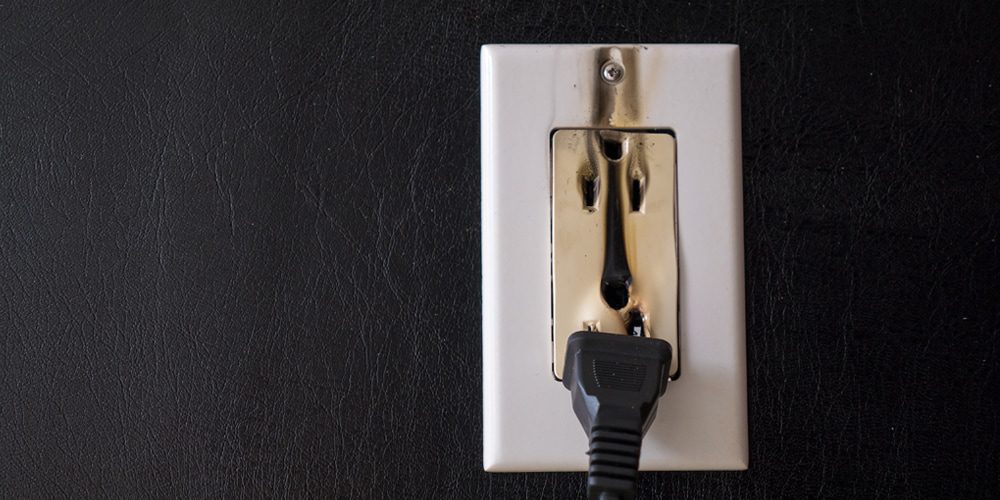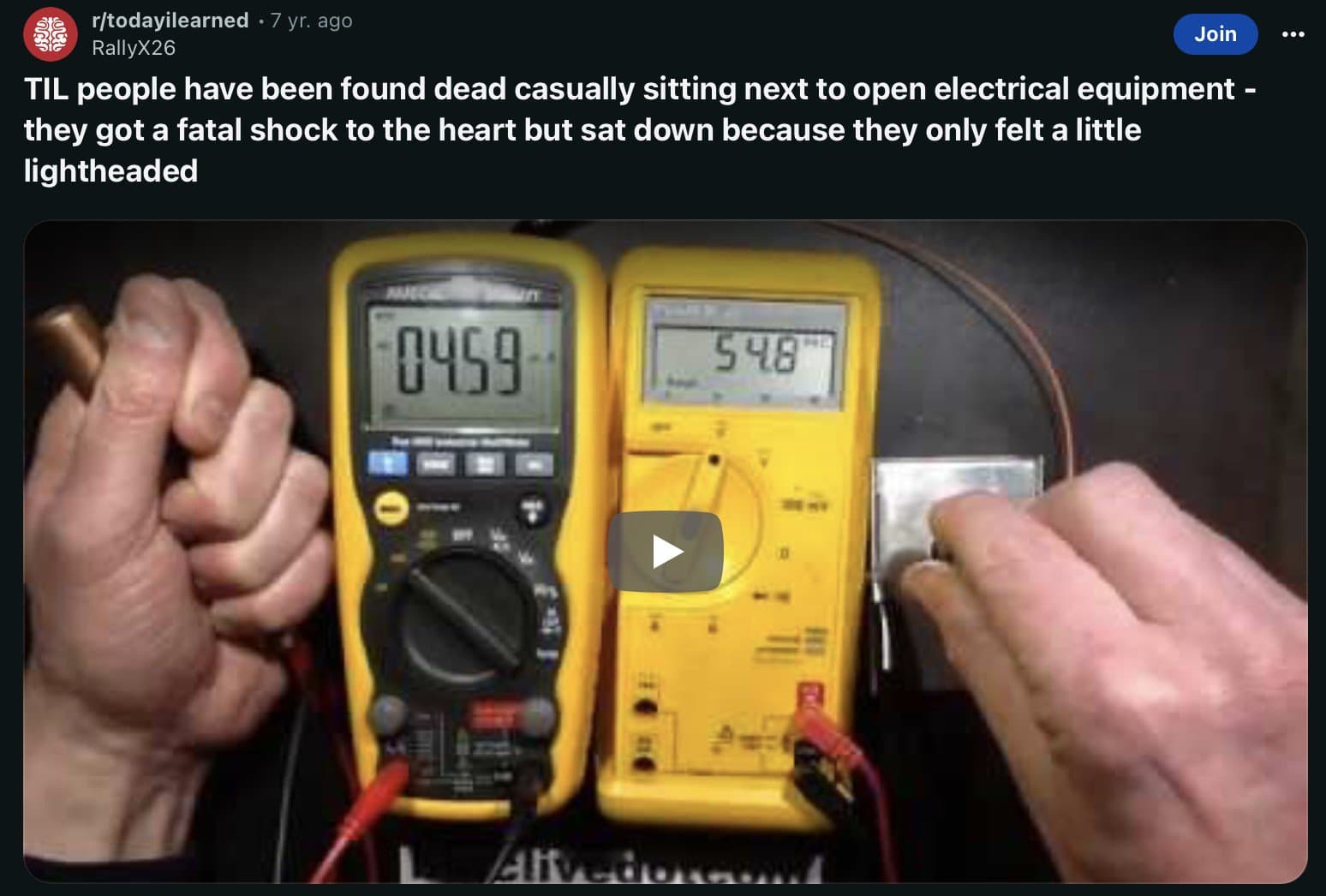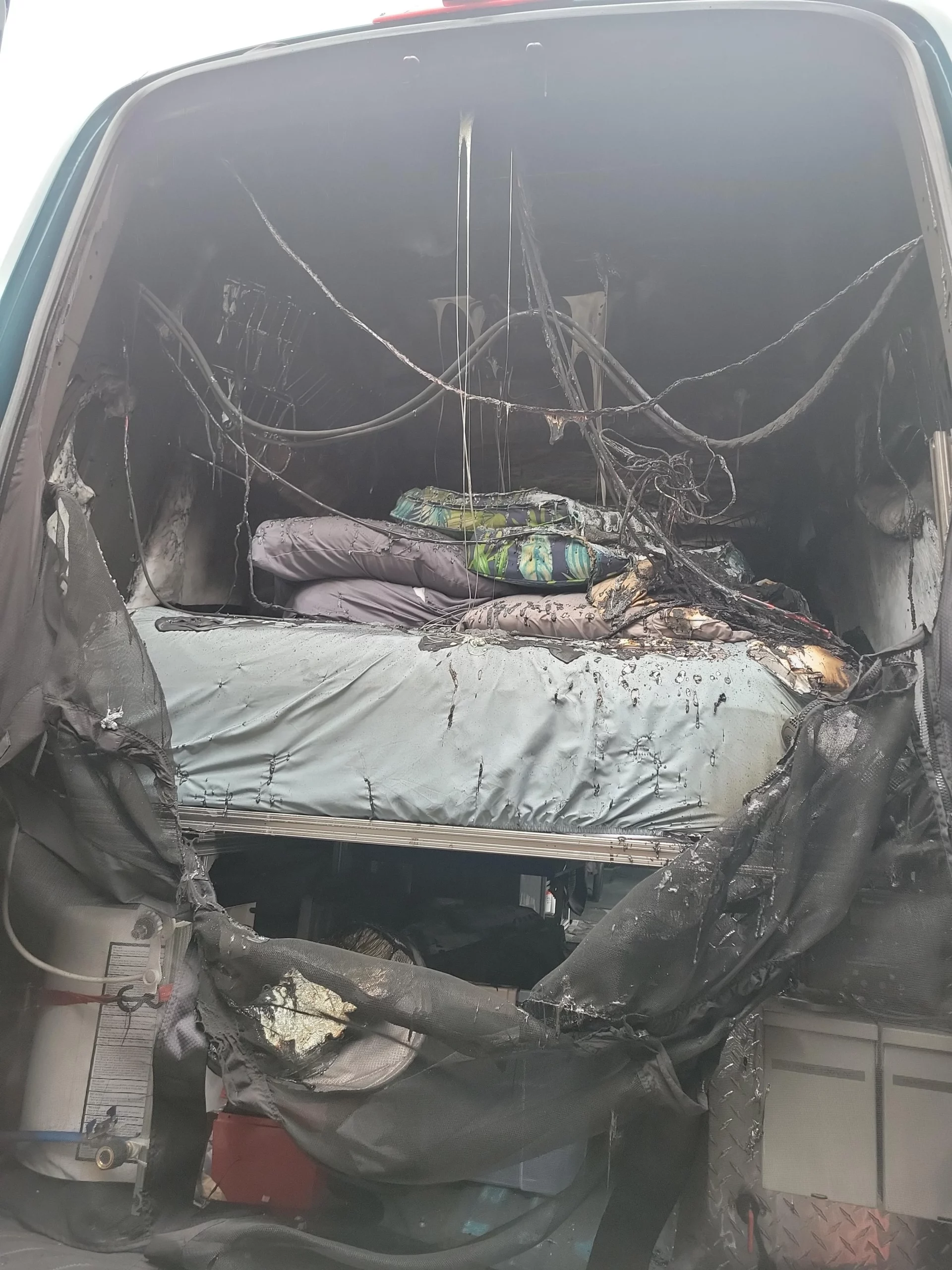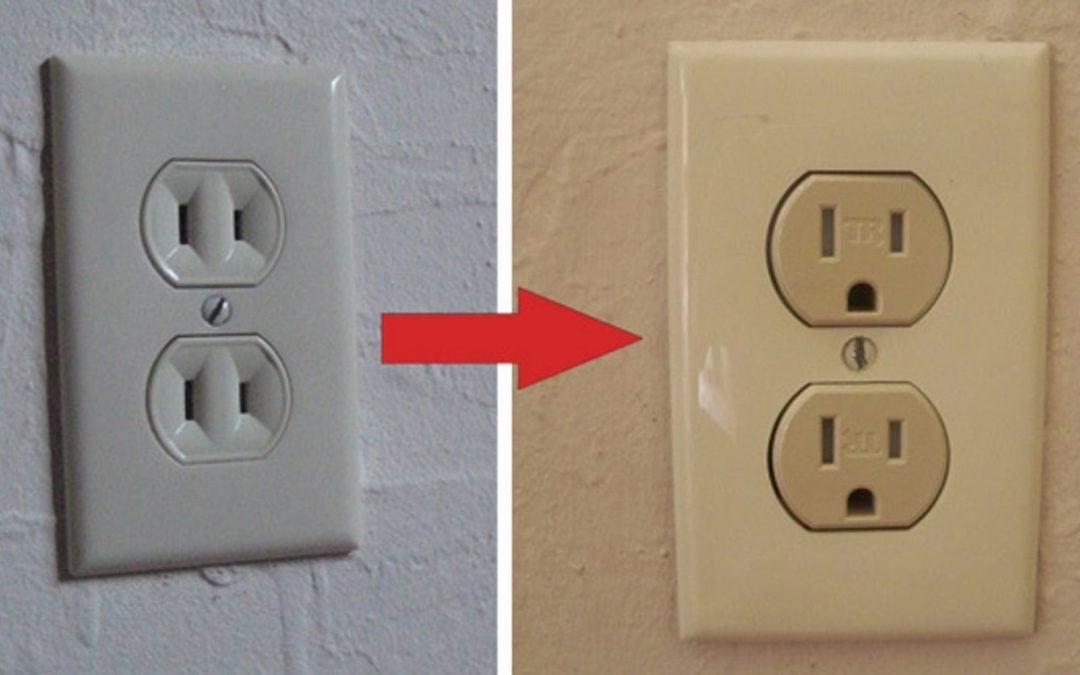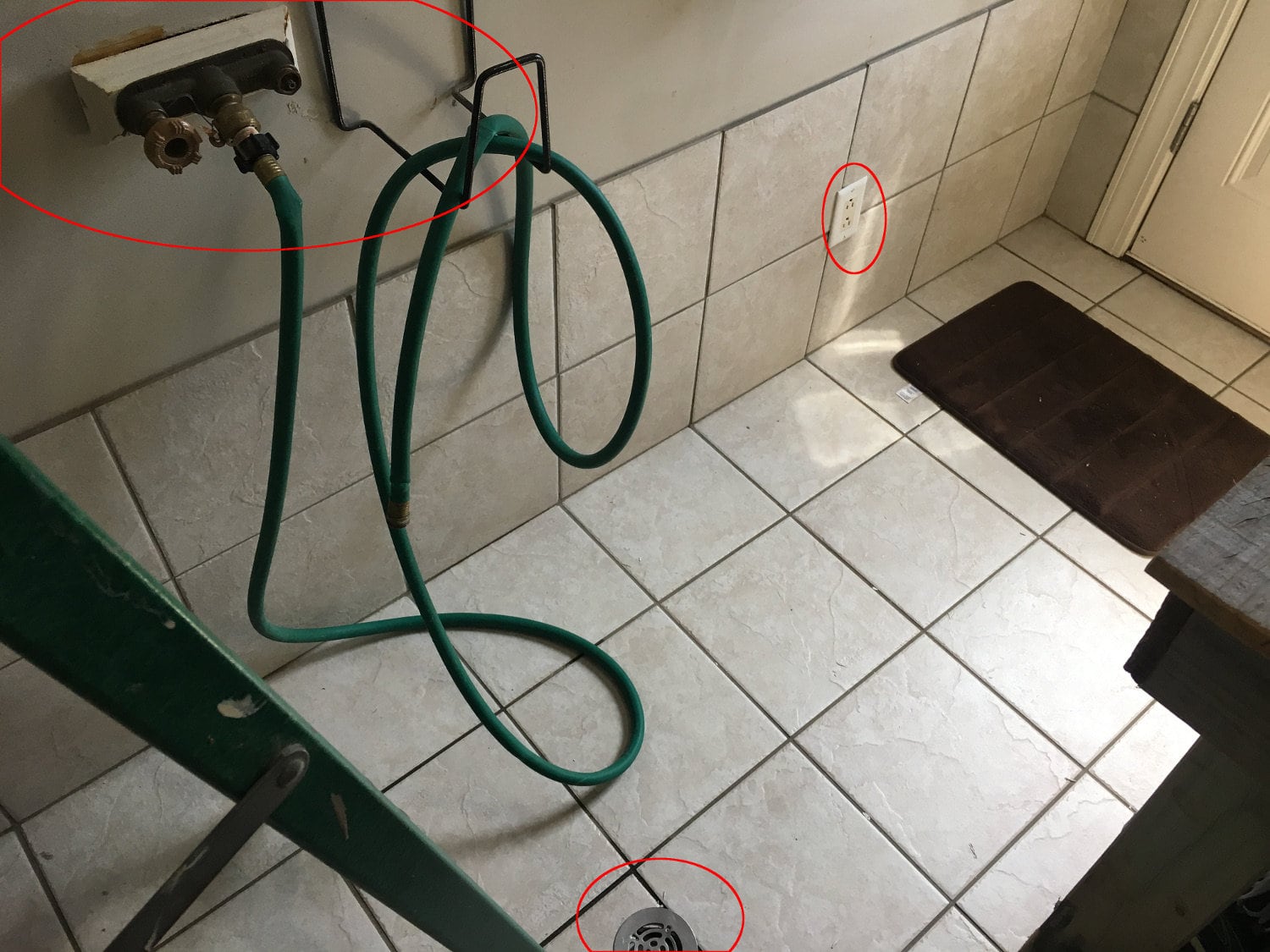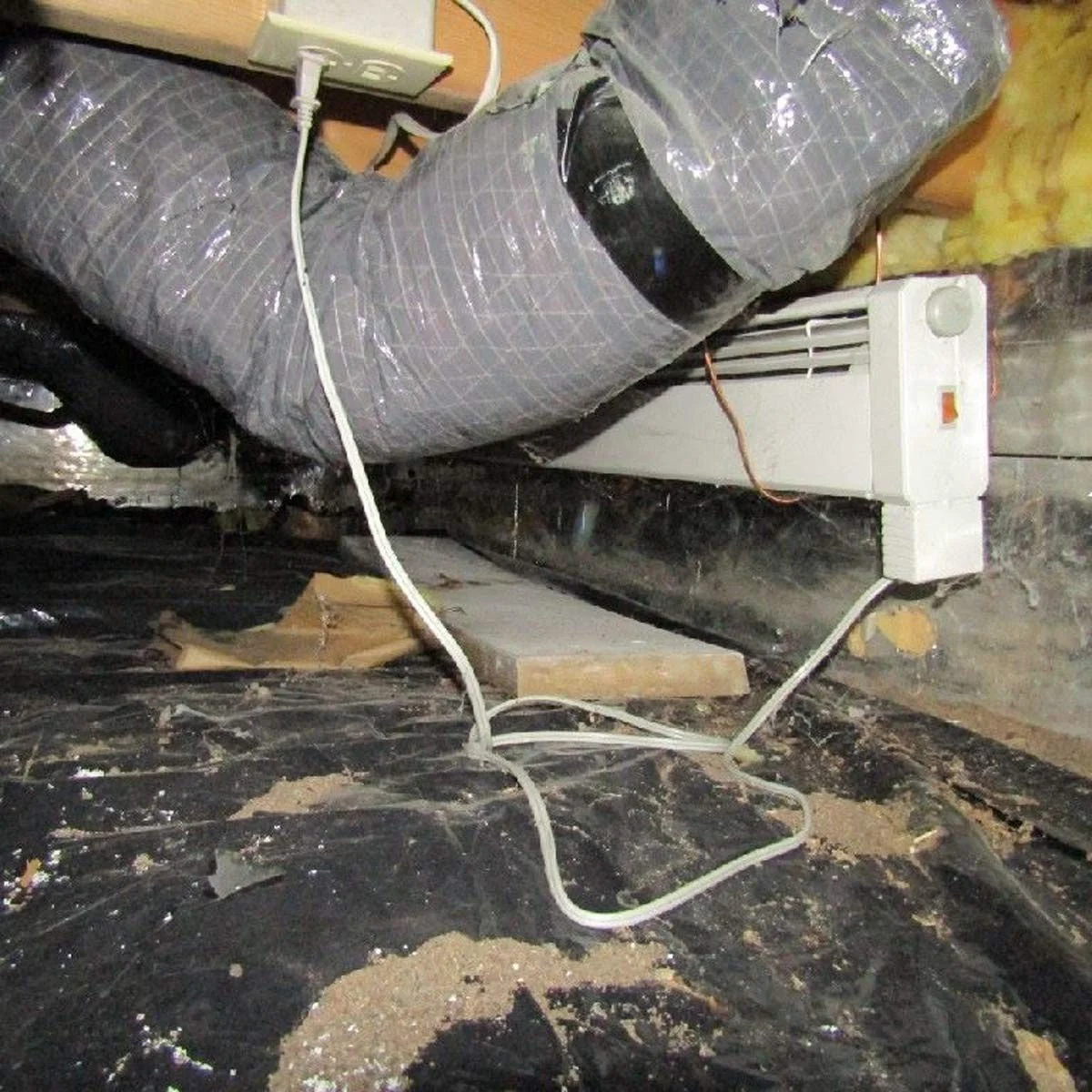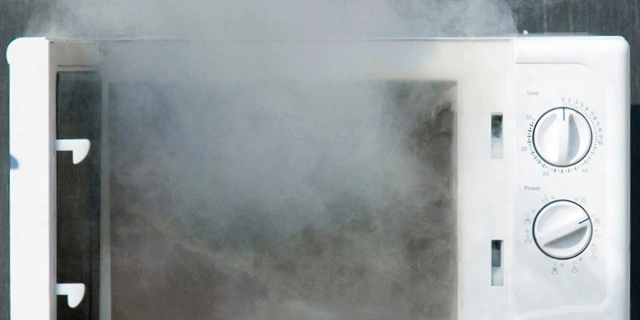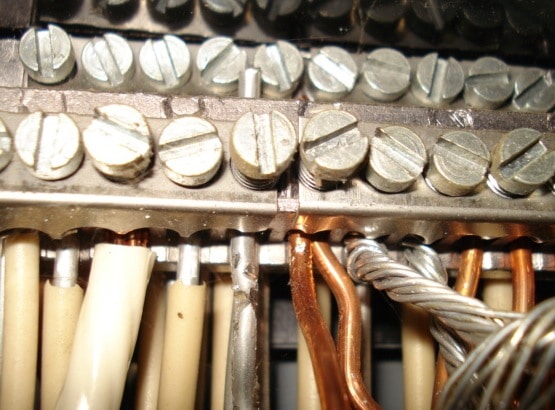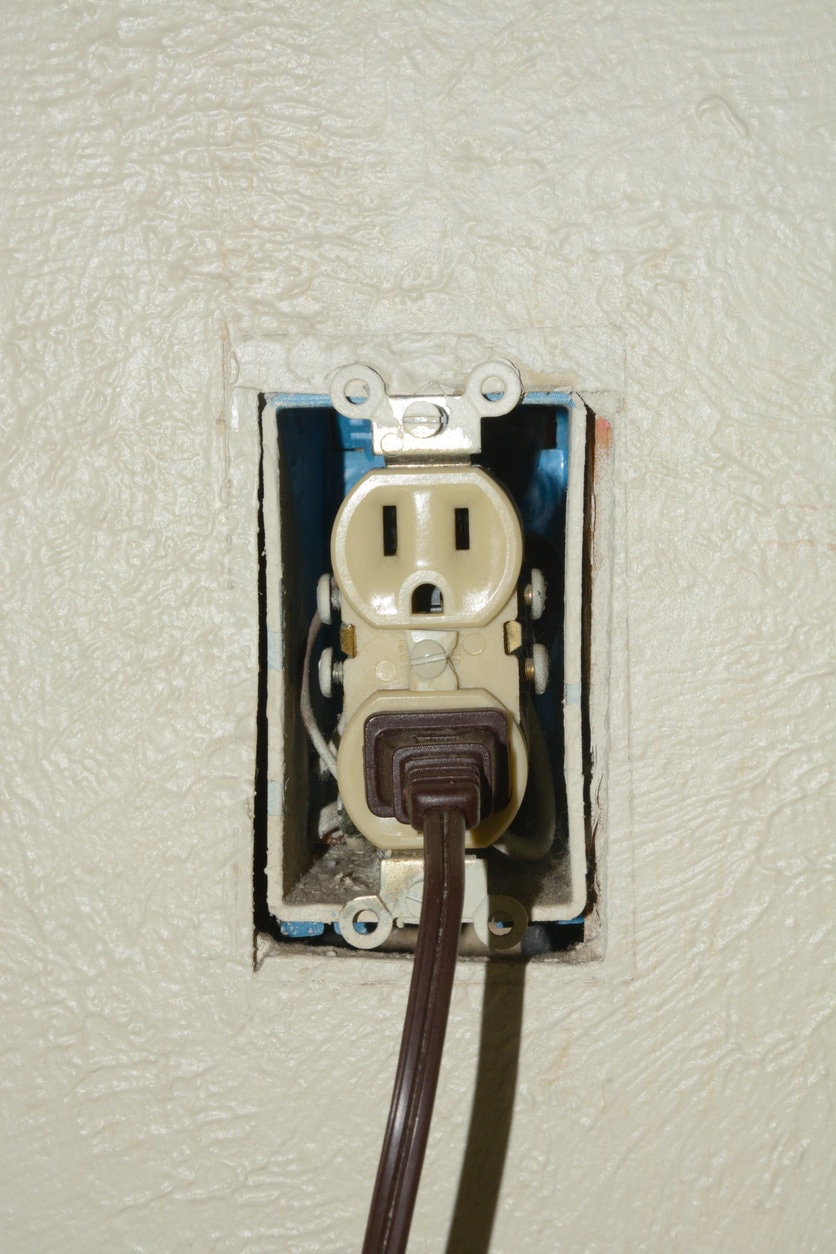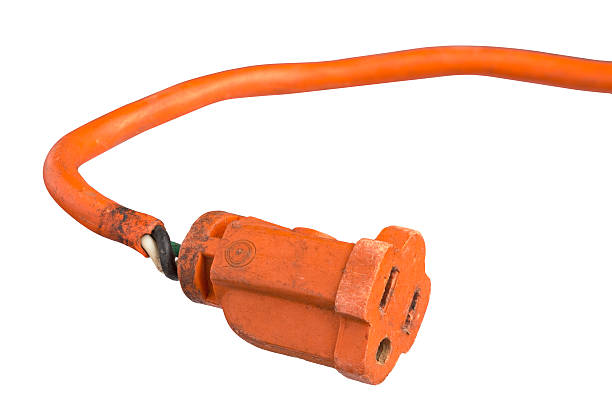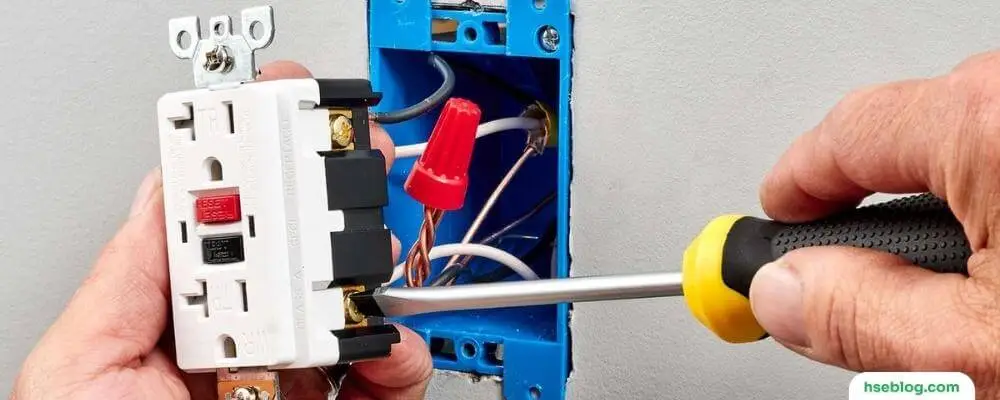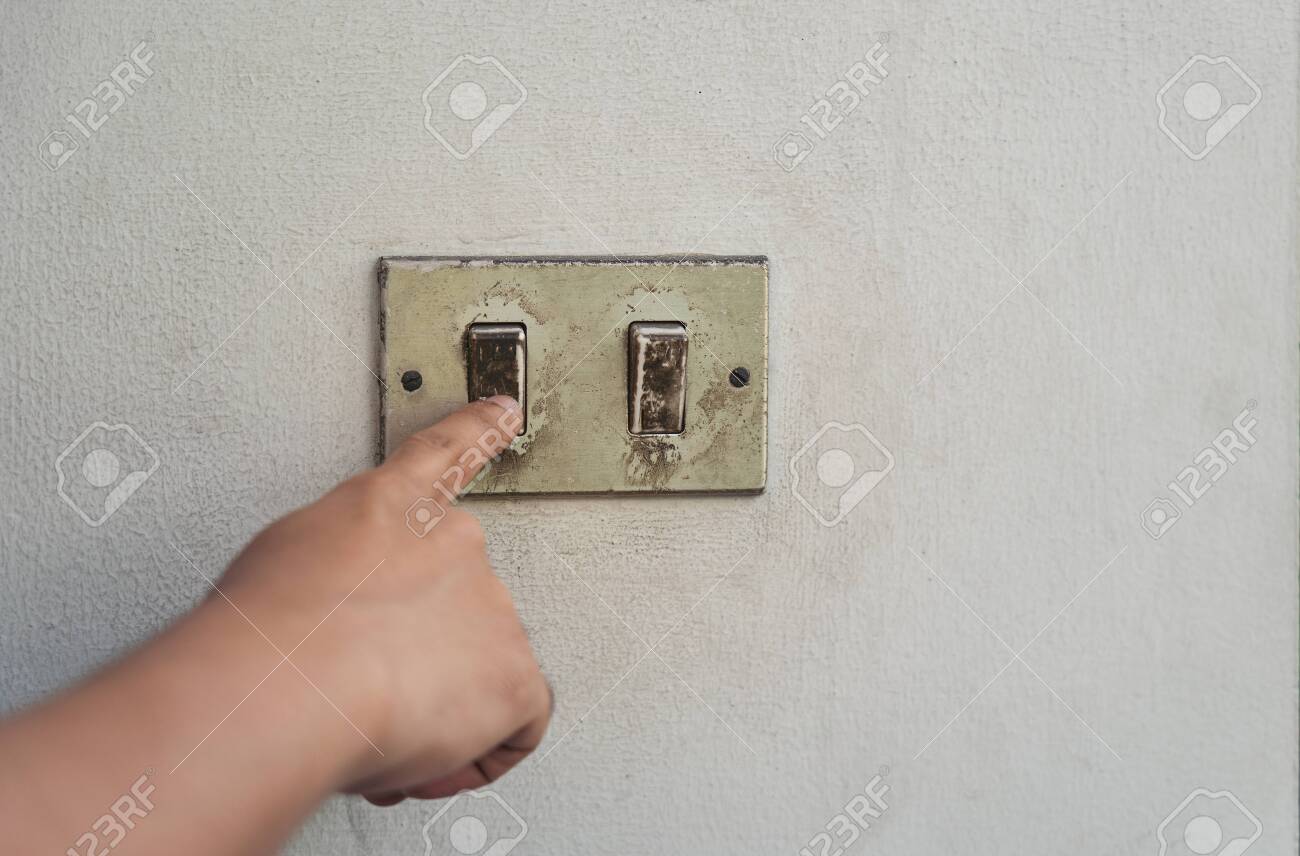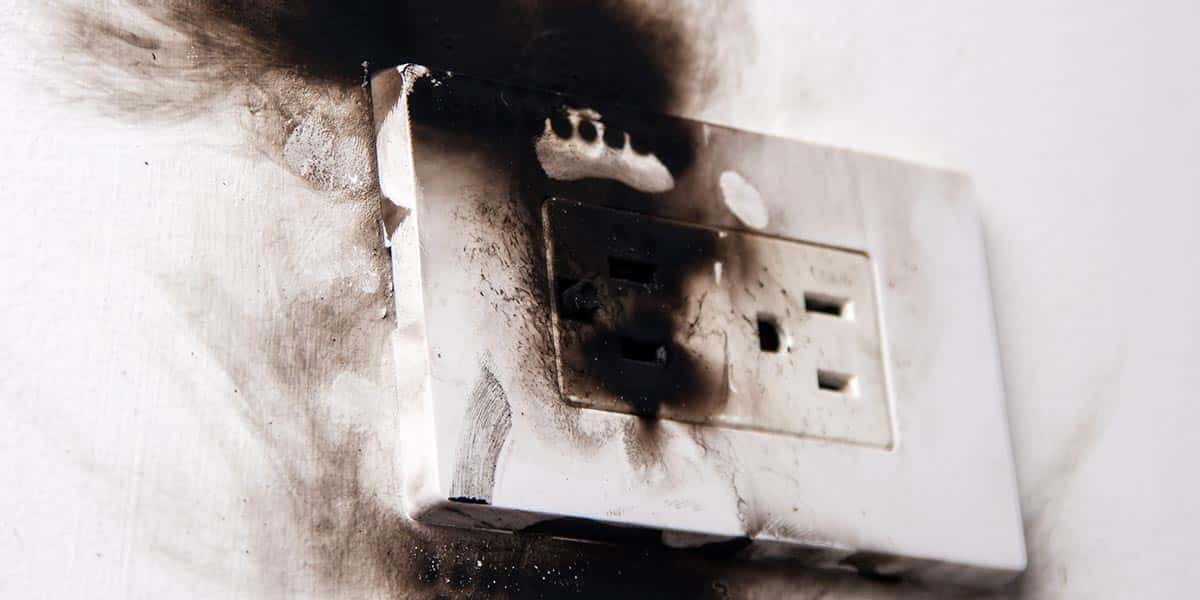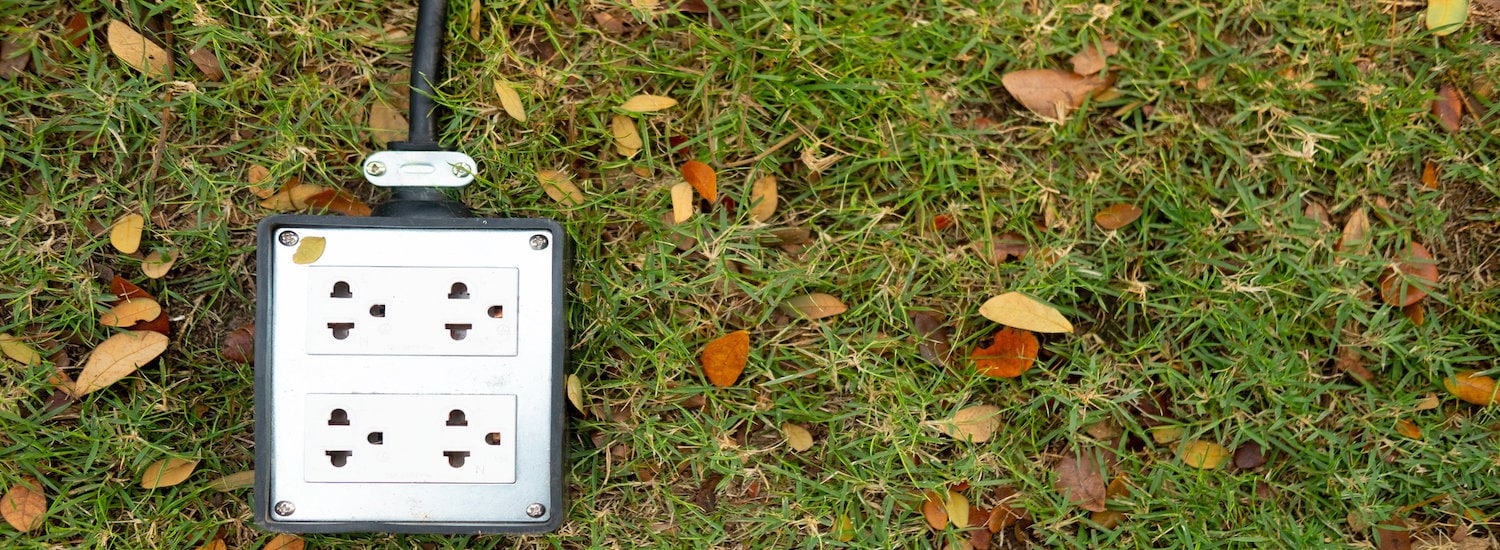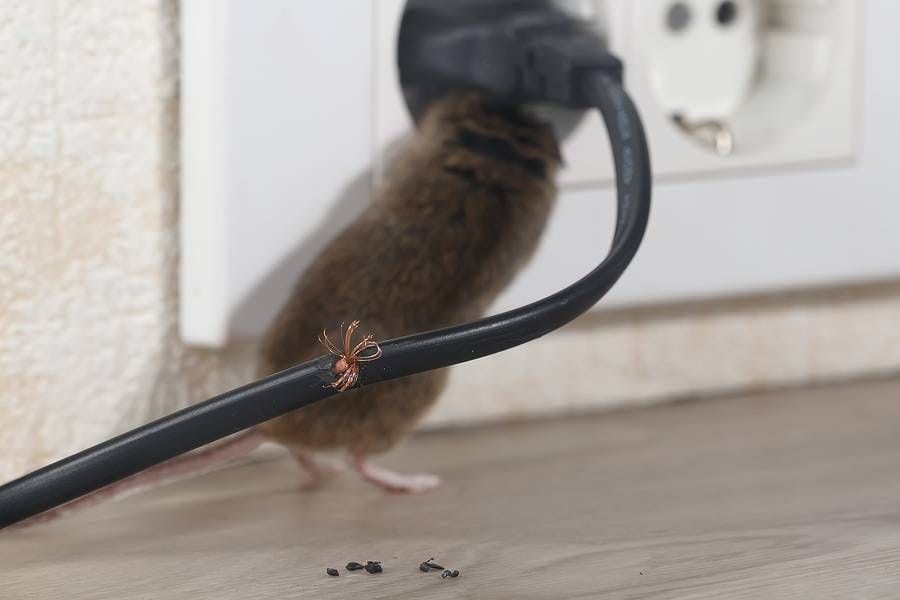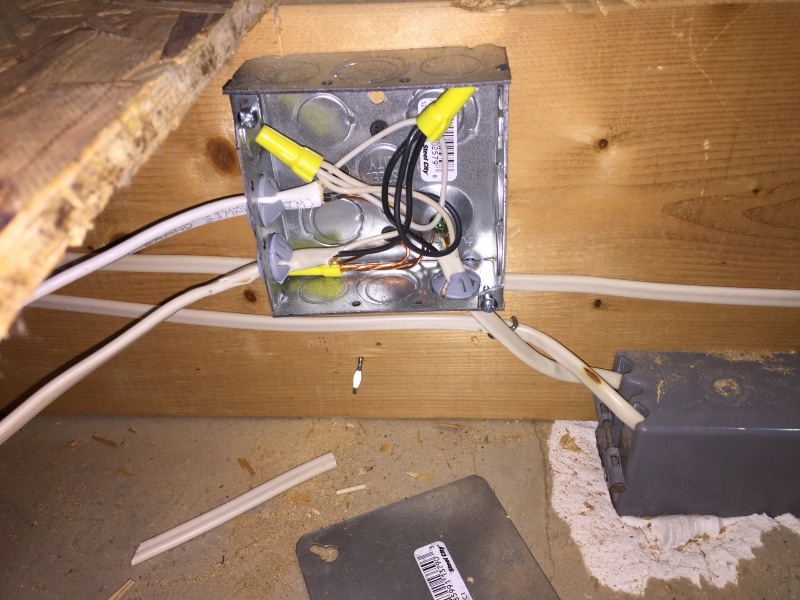Within the comfort of our homes, a myriad of electrical systems and devices keep our daily lives running smoothly. However, amidst this convenience and familiarity, common hidden electrical dangers often lurk, potentially posing risks to both property and personal safety. While we rely on electricity for various aspects of our daily routines, being aware of these hidden threats is crucial for maintaining a secure and hazard-free home environment. In this exploration of common hidden electrical dangers, we will delve into various aspects of electrical safety, shedding light on the less visible hazards that may be present in your home. From aging wiring and outdated systems to the risks associated with overused extension cords and electrical panels, this overview will empower you to identify and address these potential dangers, ensuring a safer living space for you and your loved ones.
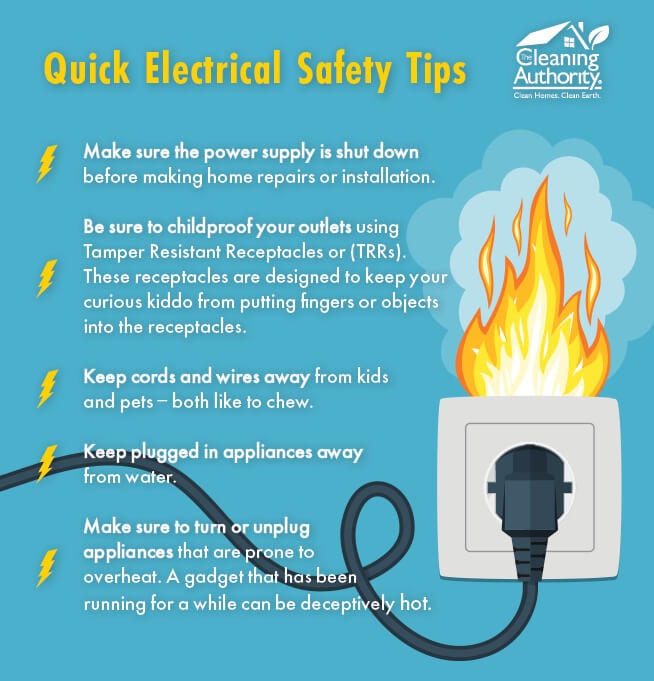
Electrical Fire Safety
Electrical fire safety entails several crucial measures. To prevent such fires, never overload circuits, regularly inspect your electrical system for damaged components, and ensure proper maintenance of appliances. Installing Ground Fault Circuit Interrupters (GFCIs) in moisture-prone areas and utilizing surge protectors for sensitive devices are essential safety practices. Keep flammable materials away from outlets and never use electrical devices near water sources.
Professional electrical work should be conducted by licensed electricians, while DIY electrical projects should be avoided. In the event of an electrical fire, avoid using water, as it can conduct electricity, and do not touch live wires. Do not remove outlets or electrical panels unless you are a trained electrician, and refrain from using flammable extinguishing agents. Pay attention to the smell of burning plastic, sparks, or smoke, and unplug the affected device if possible. For significant electrical fires, evacuate the area, close doors behind you to contain the fire, and call emergency services from a safe location, always prioritizing safety above all else. For more tips on electrical fire safety, visit Fema.gov.

